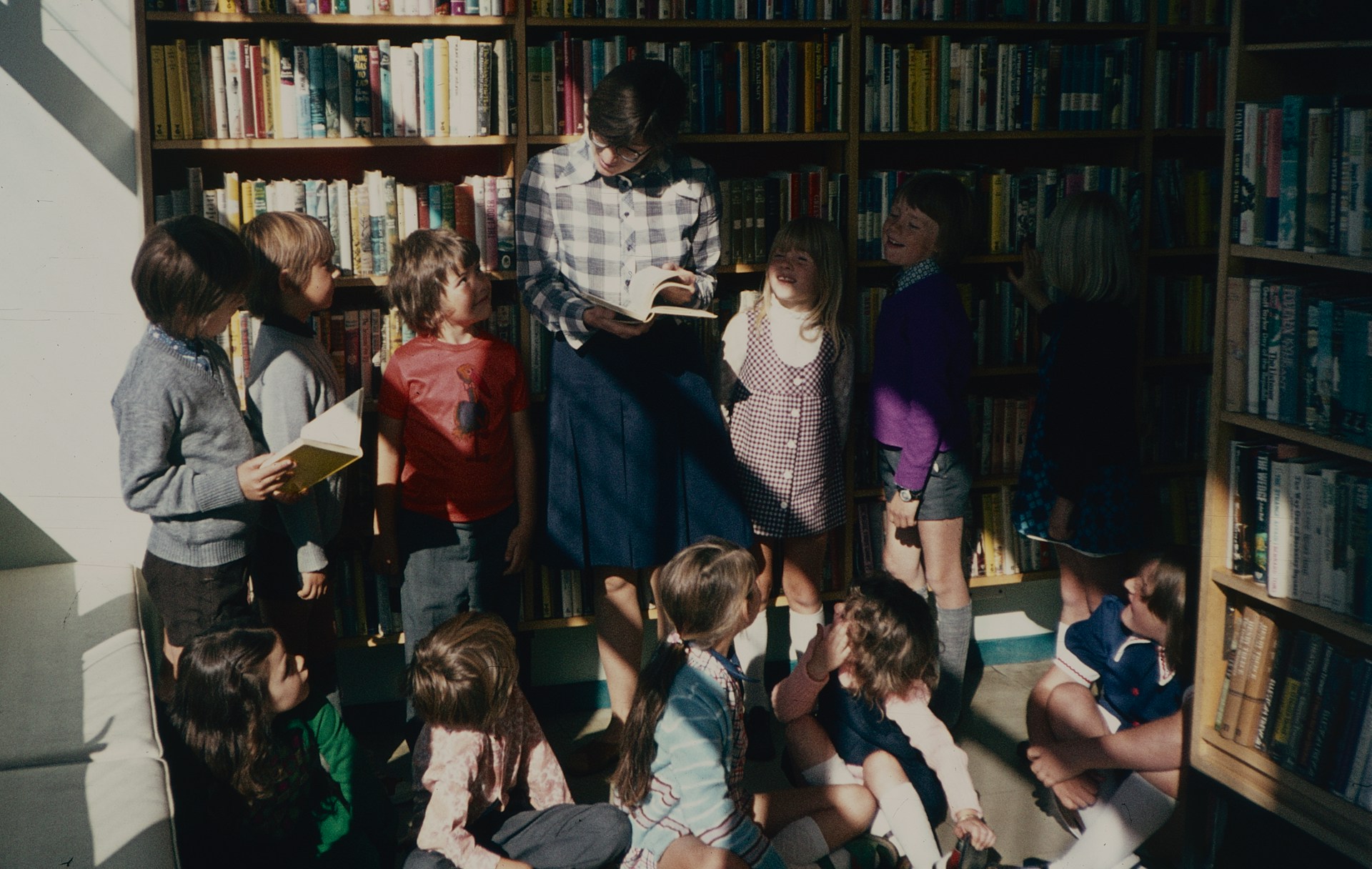Book Adaptations: Which is Better, the Book or the Movie?
-

Eseandre Mordi
-
25 Oct 2024

Book adaptations have become a common practice in the film industry, with filmmakers often drawing inspiration from popular novels. The process of translating a book into a movie presents both challenges and opportunities for filmmakers as they strive to bring the written word to life on the big screen.
This adaptation process involves transforming detailed descriptions and introspection from the book into a visual medium, allowing viewers to experience the story in a new and immersive way.
Overview of Book Adaptations
Book adaptations have been a common practice in the film industry for many years, with filmmakers often turning to popular novels for inspiration. The process of adapting a book into a movie involves translating the written word into a visual medium, which can present both challenges and opportunities for filmmakers.
- Advantages of Books
One of the main advantages of books is the in-depth character development achieved through detailed descriptions and introspection. Authors use vivid language and internal monologues to bring characters to life, allowing readers to form strong emotional connections. The slow pace of reading a book creates a more intimate experience, immersing readers in the world and characters. This depth is a key reason why many prefer reading over watching movie adaptations. Readers have the opportunity to delve into the minds of characters and understand their motivations and emotions in a way that is often difficult to capture on screen.
- Advantages of Movies
Movies are a popular form of entertainment that visually represent the world of a book. Filmmakers use visuals and special effects to bring the pages of a book to life, creating an immersive experience for viewers. Book adaptations in film provide a captivating visual representation of the original story, enhancing the audience's connection to the characters and plot. However, the debate over whether the book or the movie is better continues to spark discussions among fans and critics alike.
The engagement of multiple senses, including sight and sound, can create a more immersive experience for the audience compared to reading a book.
Differences in Storytelling
Books often rely on narrative techniques such as internal monologues and descriptive prose to convey the story, while movies use visual storytelling techniques such as cinematography and editing. How a narrative unfolds can significantly influence how the audience perceives and emotionally connects with the characters and storyline.
- Impact on Audience
One of the key impacts of book adaptations is the emotional connection that readers can develop with the characters and story, as they have the opportunity to imagine the world and characters in their own way.
When it comes to book adaptations, there is often a debate on whether the book or the movie is better. While books tend to focus on intricate details and character development, movies prioritize entertainment value and visually stimulating experiences for the audience. This can sometimes lead to the emotional depth of the original book being overshadowed by the flashy visuals and fast-paced storytelling of the film adaptation.
Conclusion
Overall, both books and movies have their own unique advantages and challenges when it comes to adapting a story from one medium to another. While books offer a deeper exploration of characters and emotions, movies provide a visually captivating experience that can engage the audience in a different way. Ultimately, whether the book or the movie is better will depend on individual preferences and the specific story being adapted.
